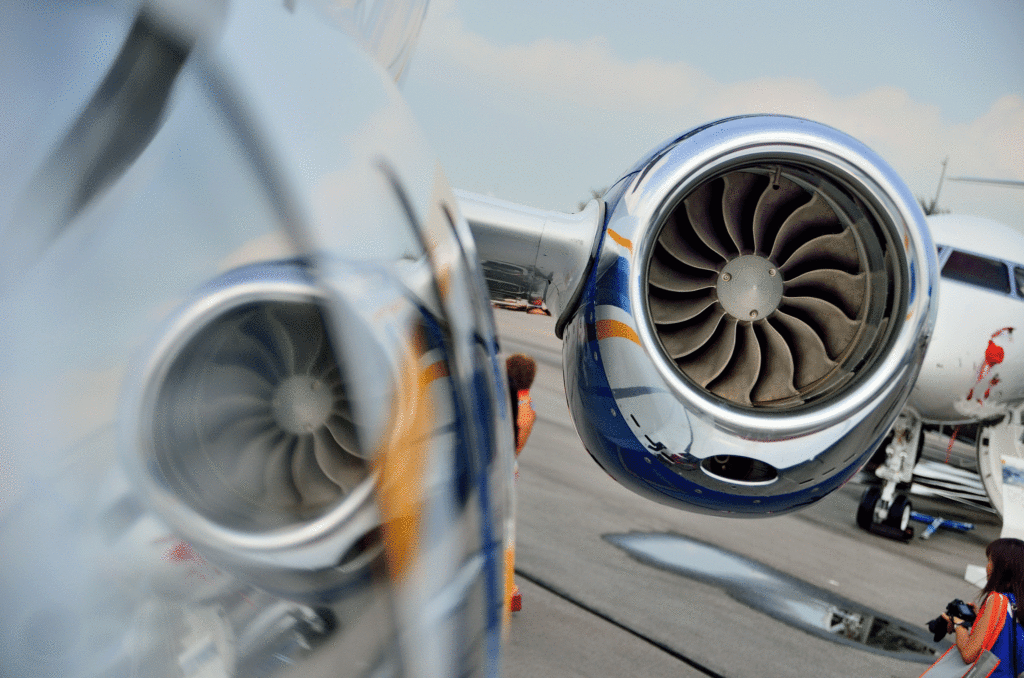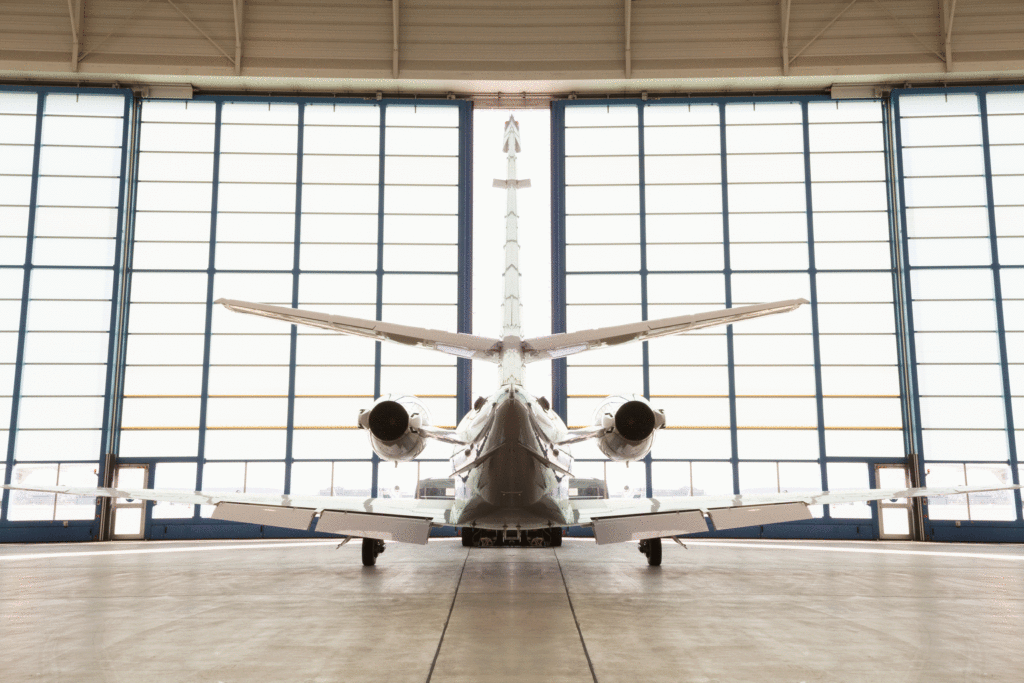Aircraft import and VAT in Switzerland

These rules may also apply on a case-by-case basis to other beneficiaries of the aircraft, such as its operator or occasional users who are domiciled in Switzerland, even if the aircraft’s beneficial owner is not domiciled in Switzerland. However, they do not apply when the aircraft is sent to Switzerland for maintenance purposes only.
Import VAT and VAT Recovery
In principle, an aircraft is imported into Switzerland by its owner, who must pay import VAT of 7.7% calculated on the market value of the aircraft at the time of import (or the date on which the aircraft should have been imported), as well as customs duties (CHF 62.- / 100 kg, calculated on the aircraft’s weight, duties which may however be cancelled). The value of the maintenance contracts (MSP, etc.) and of the maintenance work performed abroad must also be imported. In some cases, the aircraft’s commercial operator may import it tax-free, provided he has an exclusive right to dispose of it and takes on the financial risk.
As the amount of VAT to be paid for a business aircraft is often quite large, it is wise to analyse in advance and in detail to what extent a part (or even all) of this tax can be deducted as input tax, depending on the business and/or private use that will be made of the aircraft and the holding and operating structure put in place for the aircraft. To that end, the owner will often be well advised to request a ruling from the tax authorities to ensure that he has a clear picture of what deductions he can claim. This is all the more important as for the last few months, the authorities have been analysing in detail the holding and operating structures for business aircraft to determine whether they constitute tax evasion.
Temporary admission under condition
There are some obligations which are not well known, and therefore not often respected, but are increasingly being controlled by the customs authorities. These concern the beneficiaries of aircraft fulfilling the conditions of a temporary admission regime in Switzerland under the 12×3-day rule (12×1-day rule for commercial use). In such a case, the beneficial owner, or the operator on behalf of the latter, is required to fill out a ‘temporary admission procedure form’ and to deposit with the customs authority a financial security of between 20% and 100% of the VAT that would be due if the aircraft were definitively imported.
All this must be done prior to the arrival in Switzerland of the aircraft in question. Failing to do this, the customs authorities may not consider the application for temporary admission as being valid. The harshest penalty would require the automatic import of the aircraft and payment of the full VAT.
Think ahead or comply
In view of the rigorous controls that business aircraft are currently subject to in Switzerland, their owners and operators have no reasonable alternative but to plan ahead for the temporary admission or the definitive import of their aircraft into Switzerland. Furthermore, any beneficiaries who have not yet performed all the necessary steps according to the rules have an obvious interest in complying very quickly – even via a self-reported disclosure procedure – to avoid criminal sanctions. If the authorities catch up with them, they will decide unilaterally what measures to take.
Philippe Renz is a partner in the Renz & Partners law firm in Bern (Switzerland), which specialises in aviation and sports. Renz & Partners is very active in business aviation and recently partnered with Wealthings SA in Geneva to set up Aircraft Import Switzerland, an advice and assistance portal in the very specific areas of customs and tax laws as pertains to aviation: www.aircraft-import.ch







